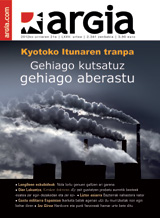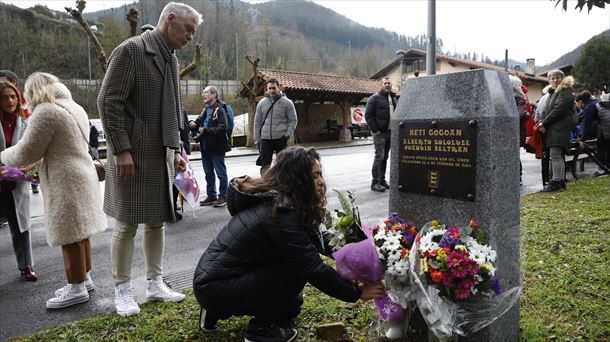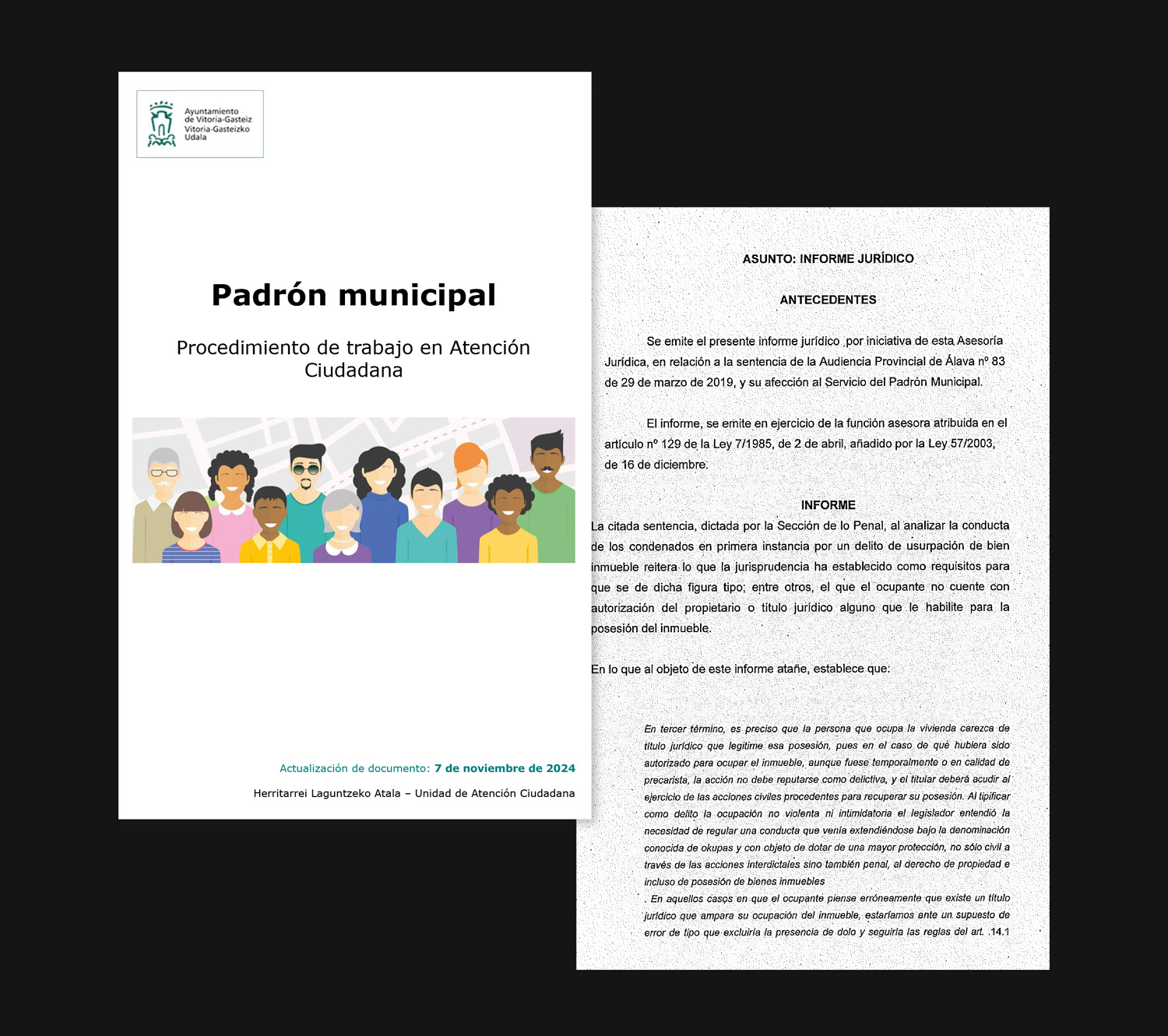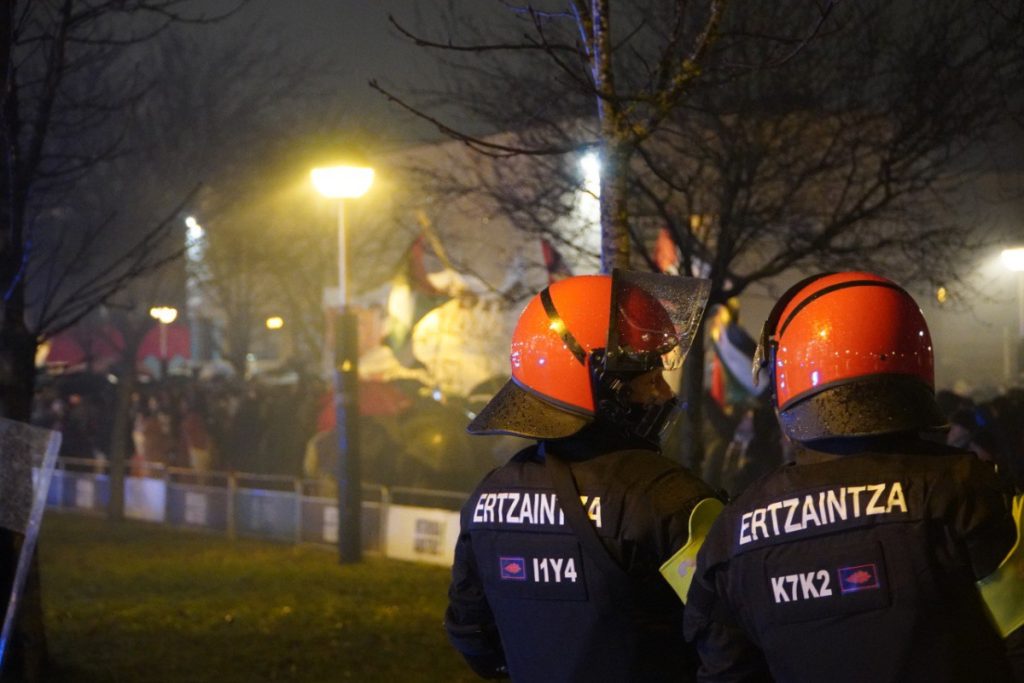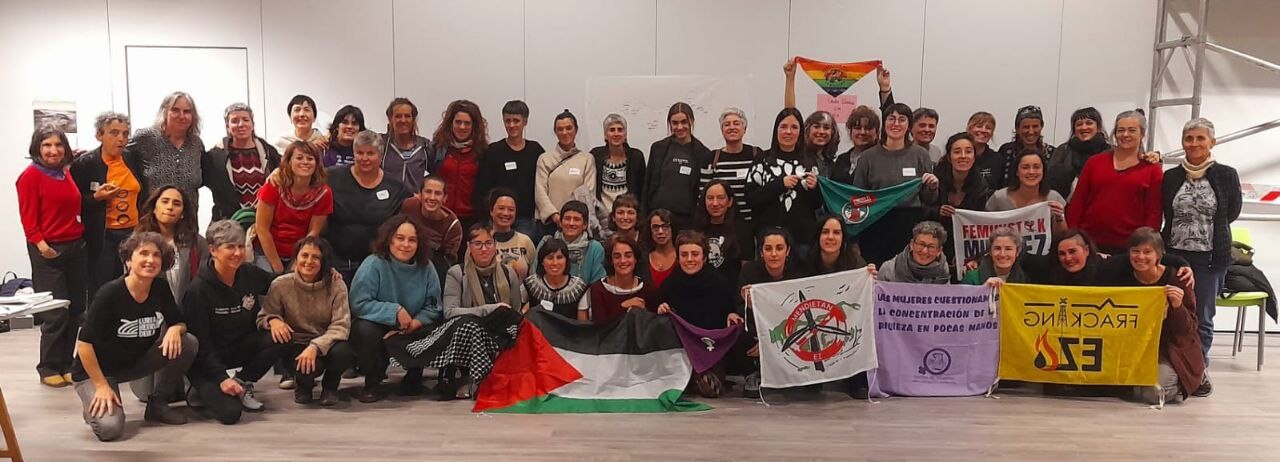Authentic kamikaze against Kublai Khan

East Asia, 1274. The Mongol Emperor Kublai Khan (1215-1294) had already conquered and controlled all of China and decided to make a leap beyond the sea, that is, the conquest of Japan.
Kublai Khan led to the Japanese coast a powerful fleet with nearly 1,000 vessels and over 40,000 soldiers. In the first battles on land, the Mongol forces clearly defeated. But all of a sudden, a typhoon formed on the coast. The storm sank one third of the Mongol ships, so Great Khan surrendered in the conquest of Japan.
But not for a long time. Seven years later, the emperor reformed the powerful fleet of 1,170 warships and, for the second time, dedicated himself to the reception of the Japanese islands. The result was the same: a new typhoon pushed back the emperor’s hosts. The Mongols did not make a third attempt.
In recent years, several hulls of this time have been located on the Japanese coast and, according to all indications, they belong to the Kublai Khan fleet. Most of the ships were barges, and being of land, the Mongols were more prepared to conquer the inland lands and their boats more suited to navigate the rivers than to sail on the high seas. In addition, the Mongols started using pomegranate explosive devices, but the lack of experience caused the new weapon to shed more harm than good on the newbies. Therefore, in addition to typhoons, inadequate boats and uncontrolled explosive devices also influenced the defeat of the Mongols.
But the Japanese believed that the help had come from heaven, that the cameras (the gods) had sent their typhoons, so to those atmospheric phenomena they called divine wind, or, in their language, kamikaze.
During World War II, US translators began using the term kamikaze to designate (erroneously) the suicide attacks of pilots of a special unit of the Imperial Japanese Army. The Western literature, press and film fulfilled their work and thus, in a dictionary of today we have found this definition of kamikaze: “During World War II, the Japanese exploded an airplane loaded with explosives against American ships, a volunteer airplane pilot. A person who risks his life in an action; a person who acts in a reckless way in dangerous actions.” There was no trace of Kublai Khan.
Sometimes I don't know if it's too much. That we're eating a pipe, that we're talking about anything else, that we're bringing it up. We like to speak aloud, to leave almost no pause, to cover the voices, to throw a bigger one. Talk about each one of them, each one of them, what we... [+]
Pilar Calcada is part of the Cedars group. On January 15th, the group called to take advantage of the “excellent opportunity” that will exist in the coming years to boost the arms industry, in an ostentatious event that resonated a lot. According to the study of the... [+]









